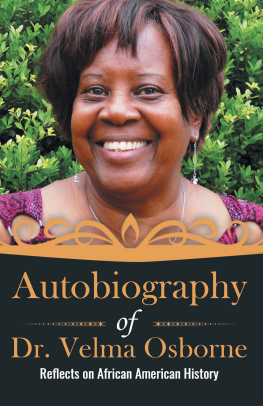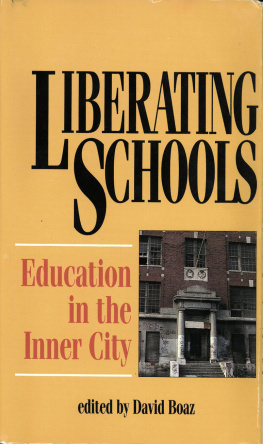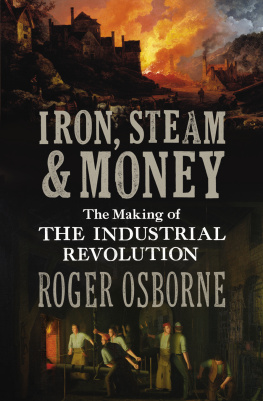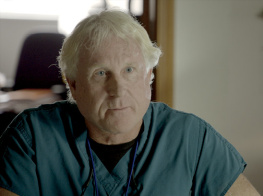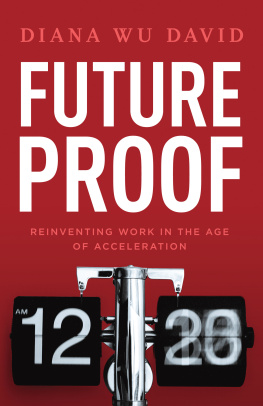David Osborne - Reinventing Americas Schools
Here you can read online David Osborne - Reinventing Americas Schools full text of the book (entire story) in english for free. Download pdf and epub, get meaning, cover and reviews about this ebook. publisher: Bloomsbury Publishing, genre: Politics. Description of the work, (preface) as well as reviews are available. Best literature library LitArk.com created for fans of good reading and offers a wide selection of genres:
Romance novel
Science fiction
Adventure
Detective
Science
History
Home and family
Prose
Art
Politics
Computer
Non-fiction
Religion
Business
Children
Humor
Choose a favorite category and find really read worthwhile books. Enjoy immersion in the world of imagination, feel the emotions of the characters or learn something new for yourself, make an fascinating discovery.

- Book:Reinventing Americas Schools
- Author:
- Publisher:Bloomsbury Publishing
- Genre:
- Rating:3 / 5
- Favourites:Add to favourites
- Your mark:
- 60
- 1
- 2
- 3
- 4
- 5
Reinventing Americas Schools: summary, description and annotation
We offer to read an annotation, description, summary or preface (depends on what the author of the book "Reinventing Americas Schools" wrote himself). If you haven't found the necessary information about the book — write in the comments, we will try to find it.
Reinventing Americas Schools — read online for free the complete book (whole text) full work
Below is the text of the book, divided by pages. System saving the place of the last page read, allows you to conveniently read the book "Reinventing Americas Schools" online for free, without having to search again every time where you left off. Put a bookmark, and you can go to the page where you finished reading at any time.
Font size:
Interval:
Bookmark:
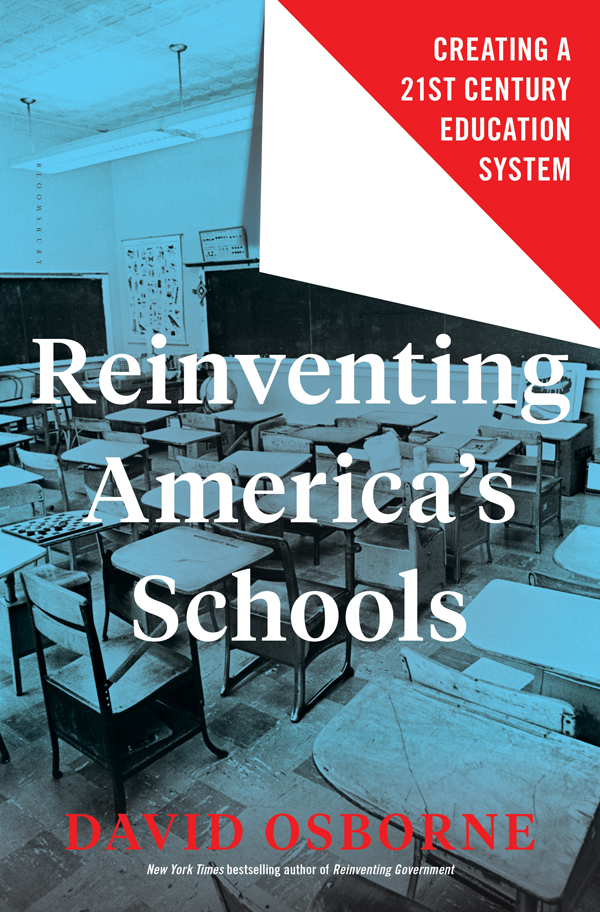


BY THE SAME AUTHOR
The Coming (a novel)
Reinventing Government (with Ted Gaebler)
The Price of Government (with Peter Hutchinson)
The Reinventors Fieldbook (with Peter Plastrik)
Banishing Bureaucracy (with Peter Plastrik)
Laboratories of Democracy
For Christyne J. Vachon, with love and gratitude


TABLE OF CONTENTS
Education is the most powerful weapon we can use to change the world.
NELSON MANDELA
The quality of our public schools will determine much about the future quality of our lives, our economy, and our society. Like most of the public sector, our school systems are experiencing profound change. Slowly but surely, they are adapting to the new realities of the Information Age.
I have been researching, writing about, and participating in this process of public sector reform for 30 years, since Ted Gaebler and I began work on our bestselling book, Reinventing Government . In school districts, cities, states, and other nations, centralized operations are decentralizing; accountability for following rules is giving way to accountability for delivering results; monopolies are yielding to competition; cookie-cutter services are being replaced by choices between different service providers; and hierarchical systems that employ all their workers are giving way to distributed networks that use performance contracts and other means to get services delivered by others.
In the U.S., a few cities have used these principles to pioneer an entirely new way of organizing public education. These reforms, in New Orleans, Washington, D.C., and Denver, have produced the fastest academic growth in the nation, encouraging others to emulate them. In this book I will describe these three cities reforms in depth, because I want to communicate concretely how and why they came about, how political struggles were won, what worked, what failed, and how failures were addressed. I want you, the reader, to go beyond the usual abstractions of eduspeak to understand the concrete realities of this quiet revolutionand beyond the ideological slogans that so dominate debate to the realities.
I hope that what I have written is useful to a broad spectrum of people, from education reformers and school leaders to teachers and parents and community activists. But I also hope it is useful to the people who shape our education systems: governors, state legislators, district leaders, and school board members. I realize that not every chapter will be equally useful to all readers, and I have tried to place the more technical informationwhich may be valuable to those in the trenches but not to parents or other community membersin appendices. Still, there may be times when a general reader needs to skip the policy details and move on to the story. Be assured that such behavior is fine with the author.
Finally, let me be clear that this is not a book about charter schools. It is about a new way to organize public education, in which we treat every public schoolregardless of what we call itlike a charter school. In the preface to Reinventing Government , we quoted Marcel Proust, who wrote, The real voyage of discovery consists not in seeking new lands, but in seeing with new eyes. After you read this book, I hope you will never again see charter schools as a minor innovation around the edges of the public system. Instead, I hope you will see themand the innovation schools, renaissance schools, and pilot schools they have inspiredas a 21st century system emerging to supplant the old one.
As I did this research, I benefited from the wisdom of hundreds of people involved in these reforms, who shared their stories, their thoughts, and their schools with me. Not least among them was my daughter Molly, who taught for three years at a struggling charter school in New Orleans. Hearing her stories and visiting her school, I could not escape confronting the difficult, often painful realities of educating poor minority children in the inner citythe nitty-gritty of reform, if you will. I could never float too far into the realm of abstraction.
I am deeply indebted to all of those who volunteered their time and knowledge in interviews. Some went above and beyond to help me repeatedly, and I would be remiss not to thank them by name: from New Orleans, Leslie Jacobs, Jay Altman, Paul Pastorek, Paul Vallas, Patrick Dobard, and Kevin Guitterrez; from Washington, D.C., Mary Levy, Josephine Baker, Robert Cane, Scott Pearson, Pete Weber, and Jenny Niles; from Denver, Van Schoales, Mary Seawell, Alyssa Bust-Whitehead, and Christine Nelson; and from Indianapolis, David Harris. For wise counsel in general over the years I am grateful to Doug Ross, Paul Hill, Chris Gabrieli, Bruno Manno, Mike Petrilli, Checker Finn, Andy Smarick, Neerav Kingsland, and Will Marshall. Finally, I must also thank my daughter, Anne, who put in a summer of research to help me drag the book closer to the finish line.
At the Progressive Policy Institute, where I direct a project on Reinventing Americas Schools, I am eternally grateful to Will Marshall for his leadership; Sloane Hurst for her incredible talent with fundraising and events; Steven Chlapecka and Jana Plat for guiding my PPI reports through to publication; and Virat Singh, Cullen Wells, Emil Kunkin, and Taylor Miller-Freutel for their help with research and Excel graphs. I also want to thank Adam Hawf, David Harris, Ethan Gray, and their colleagues for helping us pull off successful conferences in Denver and Indianapolis.
I am extremely grateful to our funders at the Walton Family Foundation, the Eli and Edythe Broad Foundation, and the John and Laura Arnold Foundation, without whom this book would not exist. I am also indebted to the Gates Family Foundation, Gary Community Investments, the Richard M. Fairbanks Foundation, and the Joyce Foundation for their support of PPI forums and conferences.
I want to extend a special thanks to a wonderful publisher, George Gibson, who saw the value in Reinventing Government 30 years ago, when he bought it for Addison-Wesley, and the value in Reinventing Americas Schools this time around. Im also grateful to an excellent editor, Anton Mueller, whose insight and wisdom have now guided two of my books through to publication. Many thanks also to Bloomsburys team, particularly Sara Kitchen and Grace McNamee, for all their patient assistance.
Finally, I want to thank my wife and partner, Christyne J. Vachon, whose love, generosity, kindness, and good advice have helped immensely through a six-year process of research and writing. I will be forever grateful.
David Osborne
Gloucester, MA
May, 2017
For a century, our public education system was the backbone of our success as a nation. By creating one of the worlds first mass education systems, free to all children, we forged the most educated workforce in the worlda key pillar of our economic strength. Our schools also helped us assimilate waves of immigrants, first from Europe, later from Latin America and Asia. Public schools offered relatively equal opportunityif only to those with white skinand built the worlds broadest middle class. As we slowly integrated them, they supported our multiracial democracy by putting children from many different walks of life together, to learn that beneath their different accents and skin colors they were all human beings, with similar experiences and similar potential. I myself benefited enormously from attending public schools with classmates from all races and income levels; that experience shaped me in profound ways, because it taught me that most humans are good and decent, regardless of how different they look, dress, or talk.
Font size:
Interval:
Bookmark:
Similar books «Reinventing Americas Schools»
Look at similar books to Reinventing Americas Schools. We have selected literature similar in name and meaning in the hope of providing readers with more options to find new, interesting, not yet read works.
Discussion, reviews of the book Reinventing Americas Schools and just readers' own opinions. Leave your comments, write what you think about the work, its meaning or the main characters. Specify what exactly you liked and what you didn't like, and why you think so.


